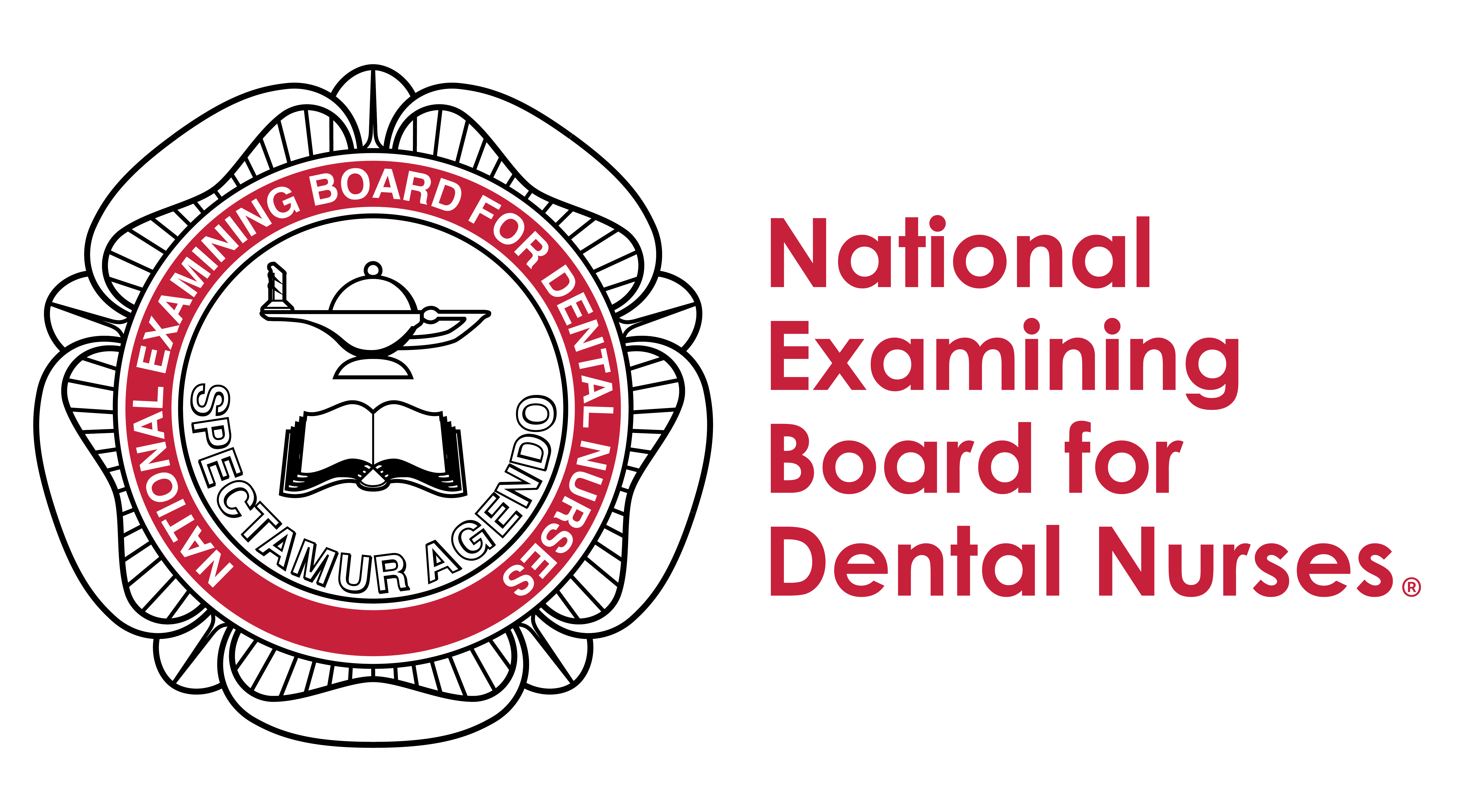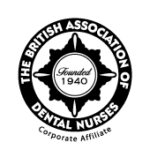History of NEBDN
NEBDN’s roots stretch back over 80 years to 1936 when Philip Grundy, a visionary dental practitioner, imagined creating a recognised qualification to regulate the profession nationwide.
With the support of the Dean of Birmingham Dental School, he founded the British Dental Nurses & Assistants Examining Board in 1943, comprising leading figures from the world of dentistry. Representing the three major dental organisations of the day, the new examination board set about creating educationally balanced written and oral examinations that could be replicated and regulated across the UK.
The first Dental Nursing examination was held in 1943 and has been repeated every year, (with the exception of 1947 and 1948). As the industry progressed and improved, a 15-minute practical session was included within the examination procedure. Over the years the examination has been tweaked and refined to fully test potential dental nurses, to ensure that only the very best Learners attain the NEBDN qualification. Back in 1943 the fee was one guinea, and a £10.00 prize was given for the highest mark. These days the number of Learners far exceeds 2000 examination entries every year and the number of NEBDN qualified Dental Nurses is now around 23,000.
The widely recognised NEBDN badge was first introduced in 1951 in credit of the National Certificate. The design was updated in 1967 to a silver oxidised badge, and in 1970 was also incorporated into a buckle to be worn with a belt.
1964 saw the name change to the Examining Board for Dental Surgery Assistants, 1987 saw it change to the National Examining Board for Dental Surgery Assistants and in 1995 the name was finally confirmed as the National Examining Board for Dental Nurses (NEBDN). NEBDN became a fully incorporated charity and a company limited by guarantee in 2005. NEBDN today operates in Preston, Lancashire, alongside a variety of accredited Provider Delivery Sites across the UK who teach the NEBDN qualifications.

 As an inclusive organisation, NEBDN has joined with the Federation of Awarding Bodies in their Equality, Diversity and Inclusion pledge. To read more, click
As an inclusive organisation, NEBDN has joined with the Federation of Awarding Bodies in their Equality, Diversity and Inclusion pledge. To read more, click  NEBDN is proud to work with the British Association of Dental Nurses as an affiliate.
NEBDN is proud to work with the British Association of Dental Nurses as an affiliate.